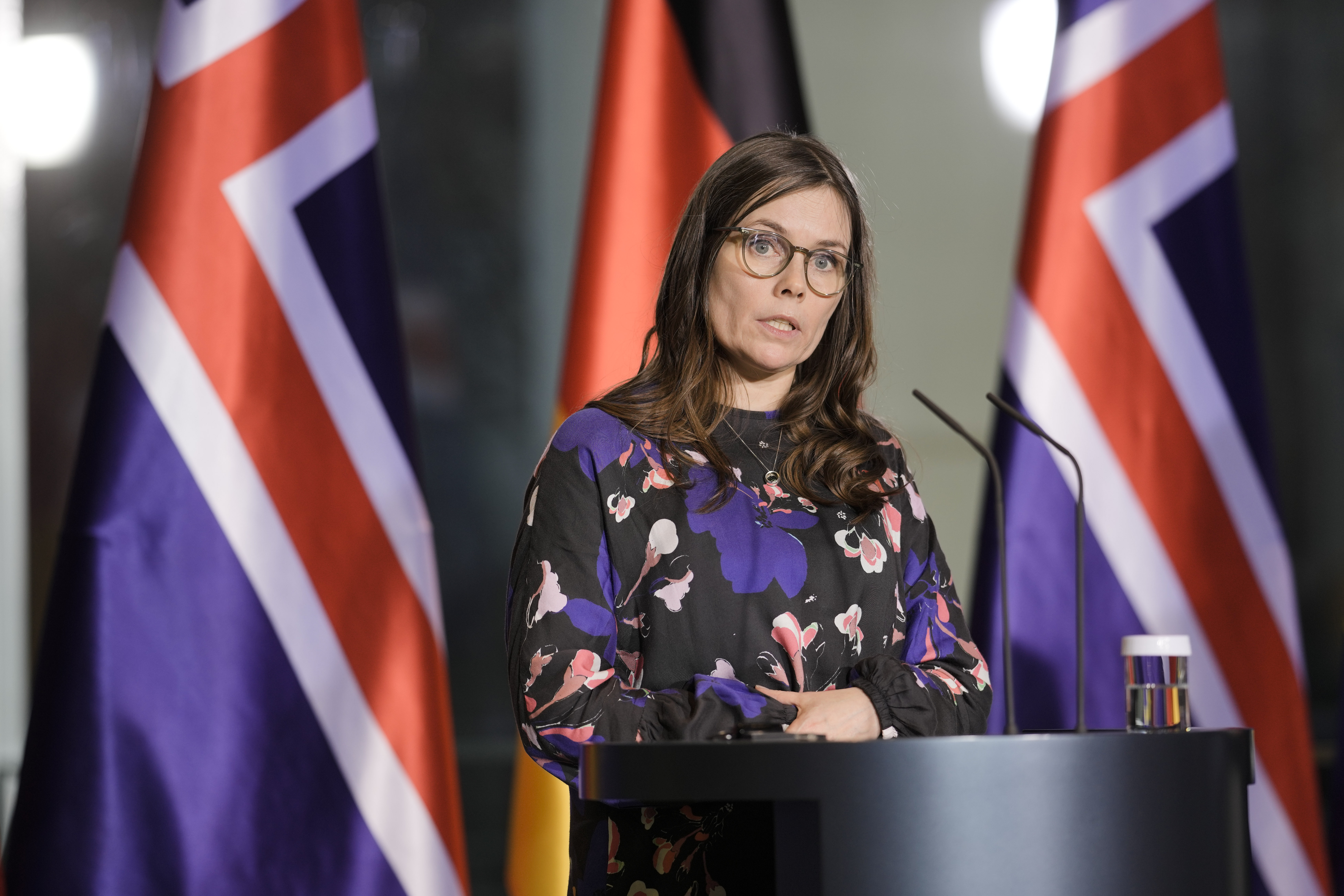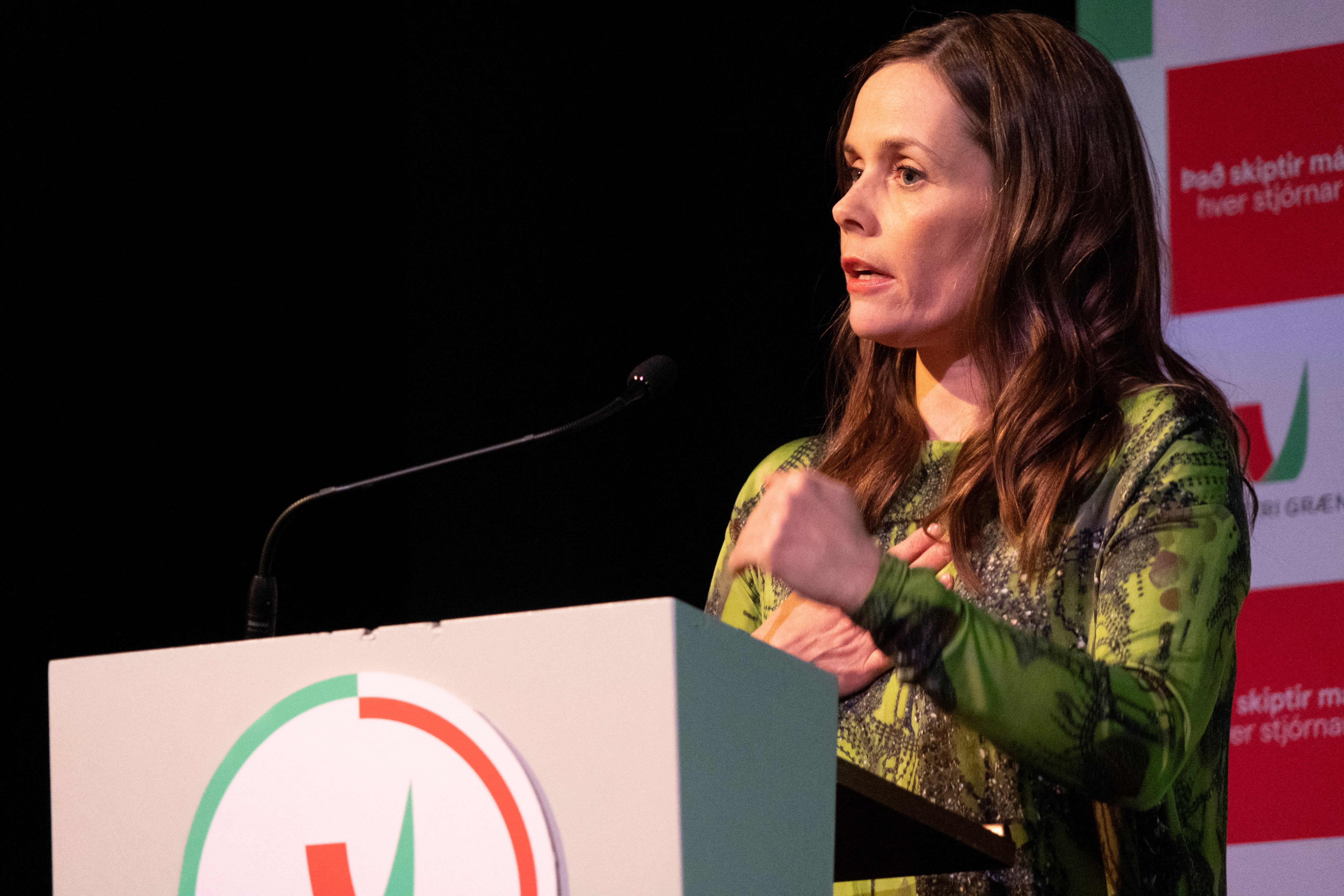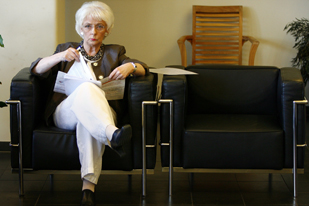Why are women in 'feminist paradise' Iceland striking?
( a most important read)
Why are women in ‘feminist paradise’ Iceland striking?
While Iceland is viewed as a great place to be a woman, many feel there is still room for improvement.
 ?resize=770%2C513&quality=80
?resize=770%2C513&quality=80
Prime Minister Jakobsdottir told local media that she would not be coming into work, urging her colleagues in cabinet to do the same. [File: Markus Schreiber/AP Photo]
Published On 24 Oct 202324 Oct 2023
Tens of thousands of Icelandic women, including the country’s female prime minister, are taking to the streets on Tuesday in a nationwide protest against gender inequality and sexual violence. Billed as the biggest women’s strike in decades, the walkout will see women drop all paid and unpaid work – including domestic tasks – for the day, waving banners reading “Kallarou þetta jafnretti?” (“You call this equality?”). Iceland is widely considered to be a great place to be a woman, ranking number one in the World Economic Forum’s gender gap index for 14 years in a row. The country is led by a woman – Prime Minister Katrín Jakobsdottir. Nearly half of its MPs are female. A high number hold managerial and executive positions. Parental leave conditions for mothers and fathers are so good that nearly 90 percent of working-age women have jobs.
 ?w=770&resize=770%2C513&quality=80
?w=770&resize=770%2C513&quality=80
Icelandic Prime Minister Katrin Jakobsdottir talks to supporters of her Left-Green Movement at a party event in Reykjavik on September 25, 2021. Jakobsdottir is today joining a nationwide women’s strike against gender inequality [Tom Little / AFP]
. .
Why are women striking? While Iceland is viewed as an equality paradise, many women feel there is still room for improvement.
Women still lag behind men in terms of earnings despite equal pay rules dating back to 1961. In 2018, lawmakers went further, obliging companies to prove they are not paying women less than men. Yet inequality persists. According to Statistics Iceland, the overall pay gap was 10.2 percent in 2021, widening to 29.7 percent in finance and insurance jobs. Women are also more likely to work in undervalued, lower-paid jobs, such as teaching or healthcare.
And toxic masculinity persists. More than 40 percent of women have experienced gender-based or sexual violence. A study by the University of Iceland in 2018 revealed that one in four women had been raped or sexually assaulted, with most reported cases failing to make it to trial.
. . . .
 ?w=309&resize=511%2C340&quality=80
?w=309&resize=511%2C340&quality=80
Johanna Sigurdardottir, Iceland’s former prime minister, awaits the start of a televised election debate in Reykjavik, April 24, 2009. After her election in 2010, Sigurdardottir would become the world’s first openly gay head of government [Bob Strong/Reuters]
. . .
But the dozens of organisations behind today’s strike say that the demands of 1975 have still not been met. While some might question the need for today’s action, Steingrimsdottir insisted that it was precisely because of Iceland’s global reputation that it had a responsibility to live up to expectations.
https://www.aljazeera.com/editorial/2023/10/24/why-are-women-in-feminist-paradise-iceland-striking
 ?resize=770%2C513&quality=80
?resize=770%2C513&quality=80
 ?w=770&resize=770%2C513&quality=80
?w=770&resize=770%2C513&quality=80
 ?w=309&resize=511%2C340&quality=80
?w=309&resize=511%2C340&quality=80